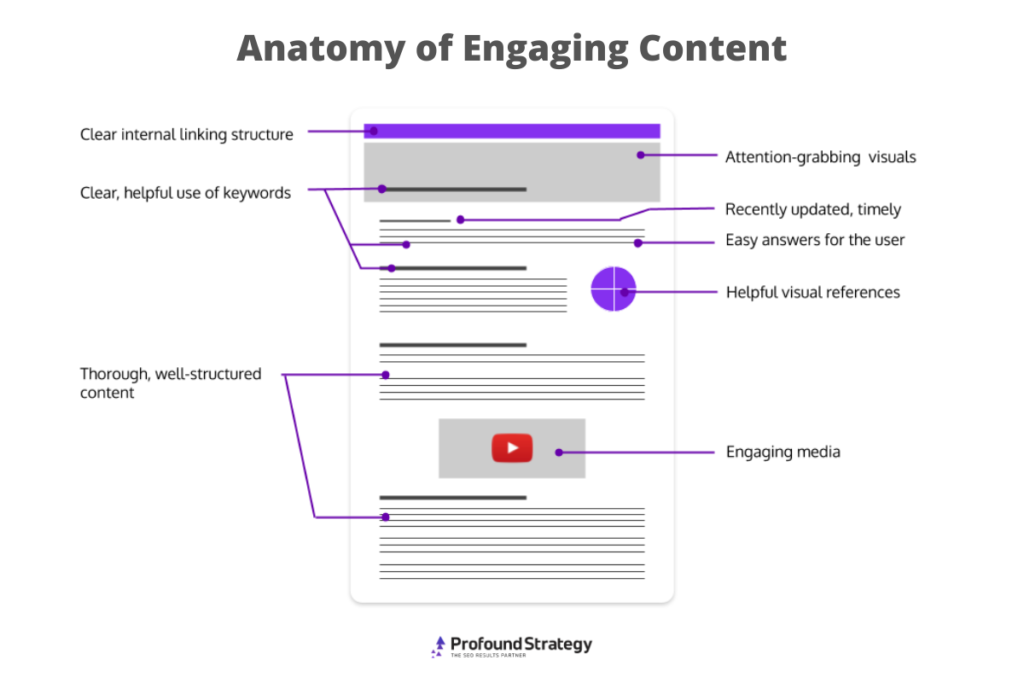Beginner SaaS websites typically have a homepage and perhaps a few help pages, and none of them offer any SEO value.
A good SaaS homepage will drive conversions and improve your business. But how do you optimize yours?
In this article, you will learn about the challenges of SEO on the SaaS homepage, the role of your homepage in SEO, and the different keywords to consider when optimizing your SaaS homepage.
Why Is Homepage SEO So Challenging For SaaS Brands, Specifically?
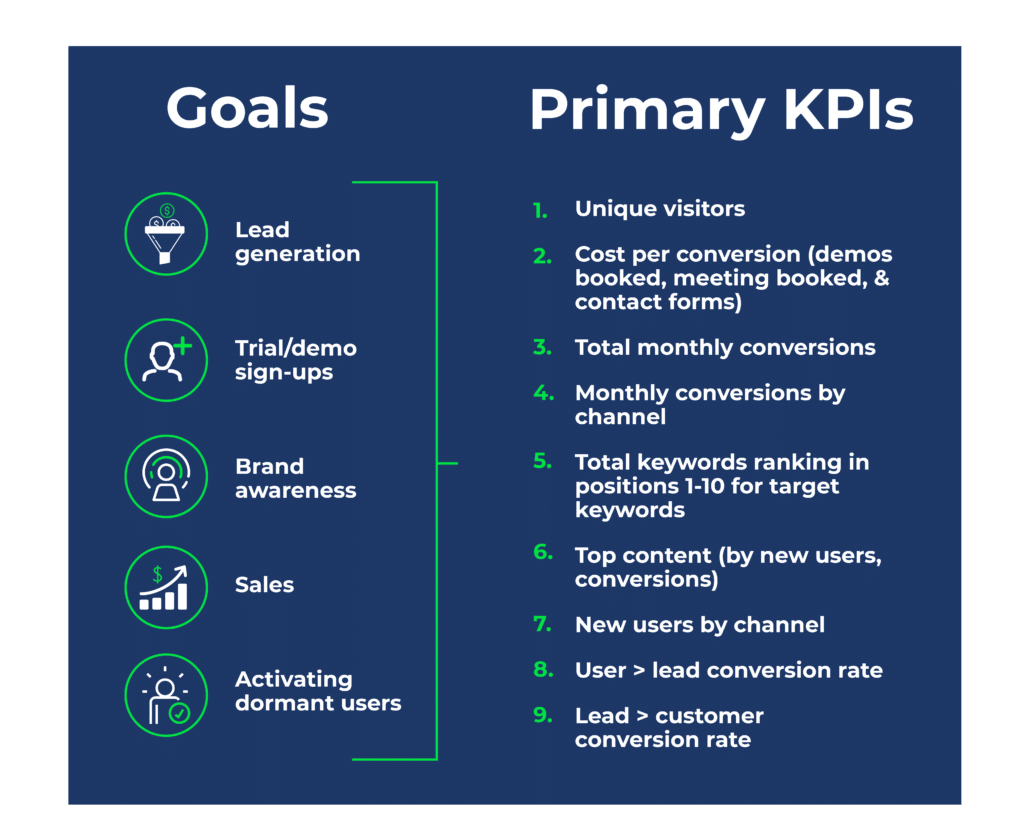
Let’s face it, homepage SEO is confusing for almost everyone.
Be it a SaaS business, a local business or any other type of business, you will find a lot in every vertical that struggles to make good use of this property from an SEO perspective.
At the same time, the home page is the most important asset for almost every business.
The destination is often the main page, regardless of the traffic source. Therefore, this asset is mostly:
As Yoast explained the typical homepage SEO approach:
“In my opinion, a homepage doesn’t serve a purpose, and that’s a classification of keywords other than your business name or brand.”
That’s true for most brands. But I would argue that the SaaS market (and what goes with it, SaaS marketing) is different from other industries.
What’s Different About SaaS?
Many early stage brands have no other commercial assets (nor the ability to create more).
For many SaaS companies, the home page has a commercial purpose and may be their only commercial page.
Author’s screenshot, April 2021
Then there’s the issue of brand recognition.
Everyone has heard of Asana. Deriba. HubSpot.
These companies can use elegant taglines on their meta title tag and get away with it. They know that people are looking for their brand anyway.
As for the other keywords, these companies have thousands of pages to target those phrases.
(That said, Hubspot is still optimizing its homepage for product categories.)
But, when you’re a relatively new SaaS company, trying to find a space for yourself in the industry (trying to gain more established competitors and focusing on starting growth), if you tell someone who searches for your name on Google. the home page (remember, the only page on the site) won’t get you far.
The Role Of A Homepage In SaaS SEO Strategy
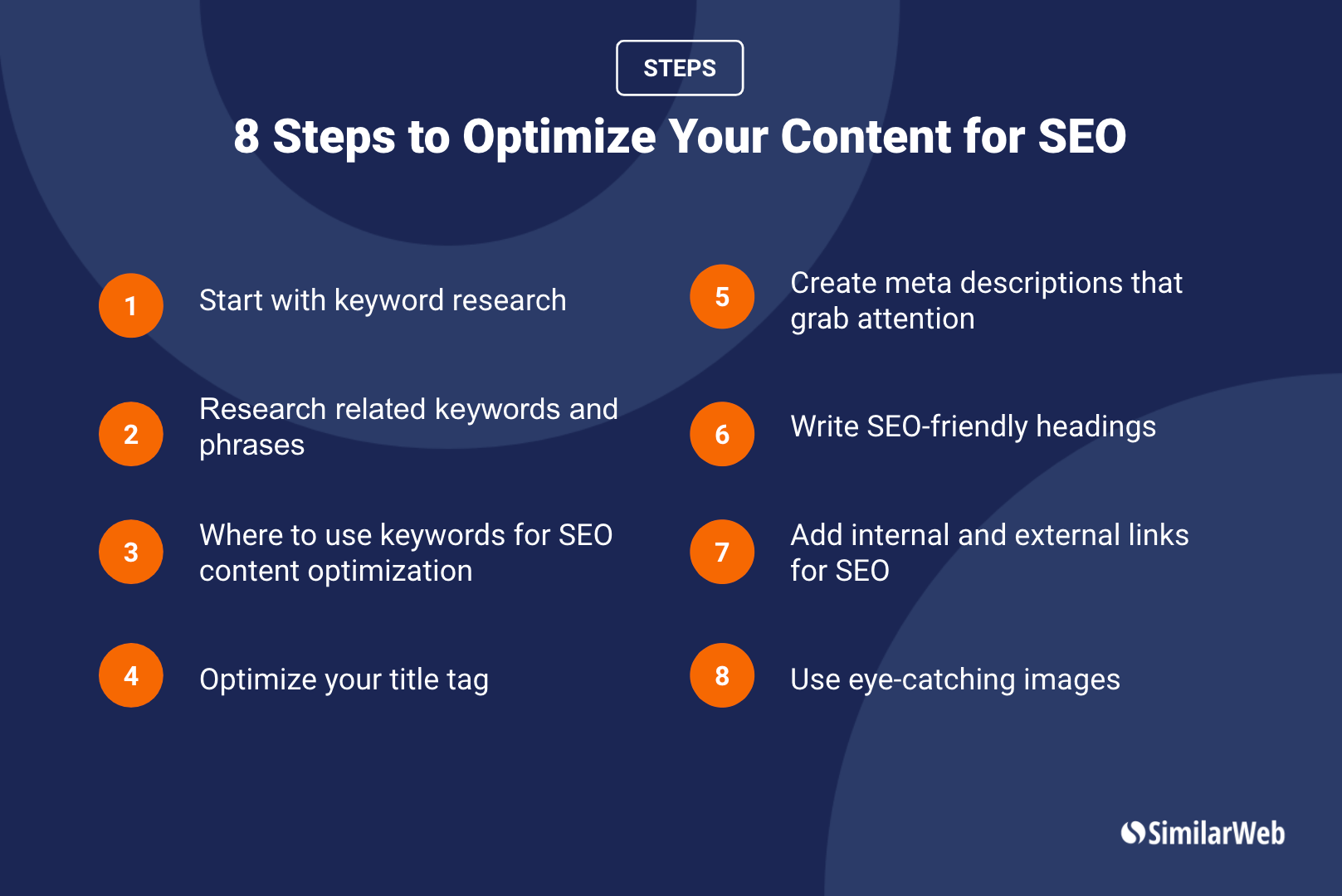
It goes beyond the fact that you have (yet) no other pages to optimize the importance of your homepage.
The more you explain what your product does, what category it falls into, and what users value, the easier it will be for the search engine to determine how it will rank you in search results.
When you get started in SaaS, the home page will attract most organic links.
Your product quotes, media references, or other PRs will likely link to your homepage.
Strategies for creating your home links – guest posting, digital PR, podcast appearances, or submitting your site to SaaS directories – are likely to be targeted to your homepage as well.
As other sites link to your homepage, they go through the PageRank and then distribute specific pages to your site to help Google find them.
A smart internal link will help you move the benefits of the PageRank that you’ve collected on the home page to the new pages as you develop them.
What Keywords To Use To Optimize A SaaS Homepage, Then?
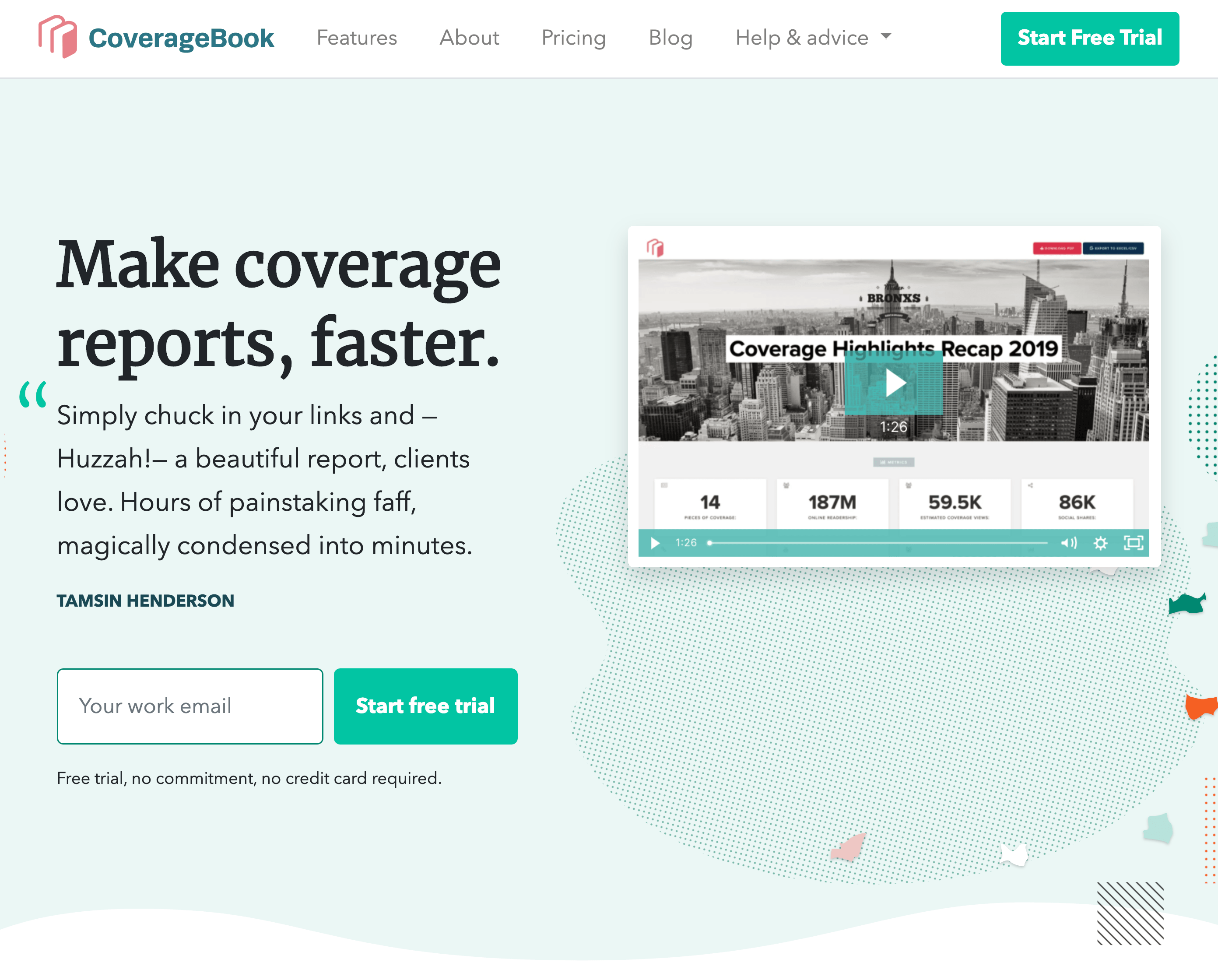
Three types of keywords need to be noticed.
The first is obvious, but to find the right phrases for others, you’ll need to do a little keyword research.
1. Your Brand
While it may be necessary to focus on other terms, it is a good idea to include the terms associated with the brand on the home page.
At the very least, enter the company or product name on the title page of the home page, usually at the end of the label.
This ensures that the main focus of the tag is on your main target keywords.
Author’s screenshot, April 2021
In most cases, you will also naturally throw the brand on the page.
As you mentioned in the meta description, you might include it in the main caption, under the slogan, in the alternate text of one or two images, and in the body copy in other places (comments or testimonials, for example) as is natural. .
2. Product Category (If The Intent Is Right)
This is where you start positioning your homepage (and brand) for phrases that can drive valuable business traffic.
Keywords related to product categories describe the main category that best defines your product.
These are not keywords that can define the attributes or features of a project, but rather more general phrases that tell a user what the product is and what it has to do with your brand.
These are the phrases you use to describe your product to customers, investors, or other stakeholders: Business Resource Planning software, CMS and e-commerce, communication platform, and more.
These are terms that sellers refer to in their emails, sales materials, and so on.
Where to enter the product category key?
Since this is your main keyword, use it on every page:
One exception: when the keyword has a different user intent than the home page
The user intent of a phrase related to the product category may be different from the one you intended to target on the home page.
Although this phrase may seem like a commercial intent at first, after reviewing it, you may find that it has been classified for a variety of purposes.
Please take the key phrase [Small Business CRM]. The keyword seems appropriate for use on the home page of a software product.
But look at the SERP. These lists mostly contain information content:
Author’s screenshot, April 2021
It would be quite difficult or impossible to get a homepage classified, especially for an unknown SaaS brand.
3. Keywords Relating To The Product’s Core Offerings
We’ve covered the location of your brand and product category.
But what about those other phrases that describe your product? What about keywords related to product features or functionality?
These phrases are not your main keywords, but there is a way to capture them.
You can also use the homepage to help you create specific pages for these keywords.
Enter a list of features for your product. It is likely that the page is already in some form or form.
Author’s screenshot, April 2021
Then link each of these sections to a corresponding landing page.
Ideally, you should use an additional keyword in the anchor text of the link to increase its relevance. You will achieve three goals in this way:
Final Thoughts
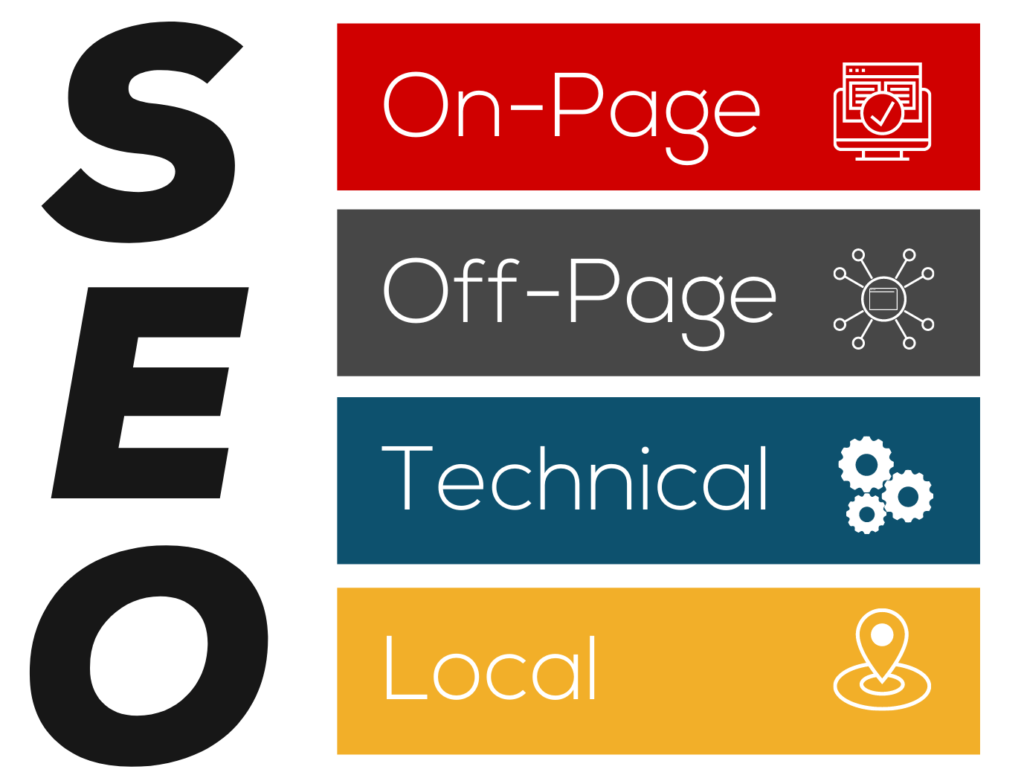
The last step is to get your homepage to include the most important keywords and phrases related to your business.
Whether or not you intend to optimize for your organic channel, it’s important to understand that search engines will receive these keywords and that consumers will try different ways to find your product.
Featured image: Andrey Suslov / Shutterstock
Quality authoritative content is the primary driver of your search engine rankings, and there is no substitute for excellent content; this is especially true when doing SEO marketing. Quality content created specifically for your user increases site traffic, which in turn improves the authority and relevance of your website.
What are the six parts model for winning at SEO?
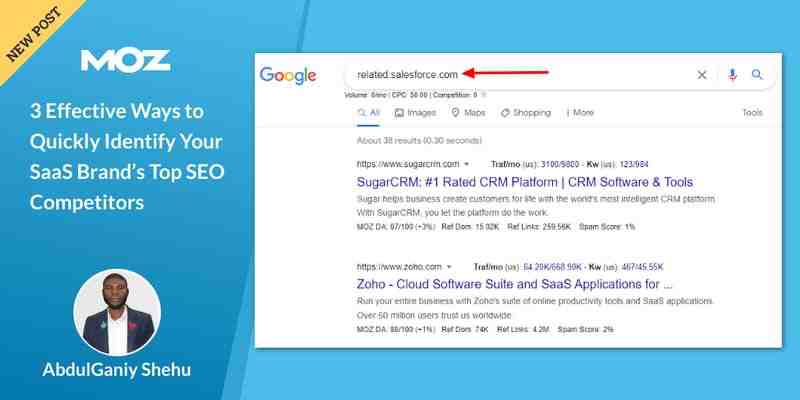
- Keywords. Keyword research is the first step to a successful SEO strategy. …
- Meta tags. Meta tags are still essential in SEO. …
- Content. True, content is king. …
- Backlinks. If content is king, backlinks are queen. …
- Social networks. Algorithms have really changed since social networks were first created. …
- Product images.
What are SEO tools?
SEO tools provide data and alerts about the overall health and success of your website. They help you discover areas of opportunity and identify weaknesses or problems that prevent you from ranking in the SERPs and gaining visibility. Just as each real tool has a specific role to play, so does SEO.
What are SEO and SEO tools? SEO tools are researching the potential of high ranking websites for search engine ranking pages. They provide backlinks and keyword information, as well as insights into SEO competition on the Internet.
What is SEO and how it works?
If so, SEO means ‘Search Engine Optimization’, which is the process of getting traffic from free, organic, editorial or natural search engine results. Your website aims to improve your position on search results pages. Remember, the higher the website, the more people will see it.
What is SEO and how it is used?
SEO stands for Search Engine Optimization and is a process used to optimize the technical configuration of the website, the importance of the content and the popularity of the links so that its pages can be easily found, relevant and popular for user search queries and better ranked by search engines. .
What is SEO in simple words?
SEO is search engine optimization, which is a set of practices designed to improve the appearance and placement of web pages in search results.
What makes an SEO campaign successful?
There are a number of key factors to consider when planning a successful SEO campaign. The most important things are: finding your audience, understanding how the SERP works, researching keywords, improving internal linking, creating high quality content.
What is the most important factor in an SEO campaign? Every SEO campaign should start with keyword research. Analyzing what people in your area are really looking for in your area is essential to making sure that Google and other search engines understand what your site is all about to drive direct traffic to your site.
What are keywords for SEO?
SEO keywords (also known as ‘keywords’ or ‘keywords’) are terms that are added to your online content to improve the search engine ranking of those terms. Most keywords are found in the keyword research process and are chosen based on a combination of search volume, competition, and commercial intent.
What are SEO friendly keywords? Your SEO keywords are the keywords and phrases in your web content that allow people to find your site through search engines. A well-optimized search engine optimized website “speaks the same language” as its potential visitor base, with SEO keywords that help search engines connect to your site.
What are examples of keywords?
Keywords are words and phrases that people type in search engines to find what they are looking for. For example, if you want to buy a new jacket, you can type something like “men’s leather jacket” on Google. Even if that phrase is more than one word, it is a keyword.
What are good keywords?
The best keywords for your SEO strategy will take into account their importance, authority and volume. You want to find the keywords that are most sought after, on the basis that you can reasonably compete: the level of competition you are facing. Your ability to produce content that surpasses what is currently ranked.
What are types of keywords?
There are 9 types of keywords: short tail, long tail, short term, long term, product definition, customer definition, geo-targeting, and intentional targeting.
What are the most popular keywords?
| The key | July-September 2021 average | |
|---|---|---|
| 1 | 151.0M | |
| 2 | youtube | 151.0M |
| 3 | amazonak | 124.0M |
| 4 | 73.0M |
What are the 4 types of keywords?
When researching the user’s intentions behind a search, we can categorize all keywords into four main categories: commercial, transactional, informational, and browser. We will identify these types with a short breakdown of each type.

